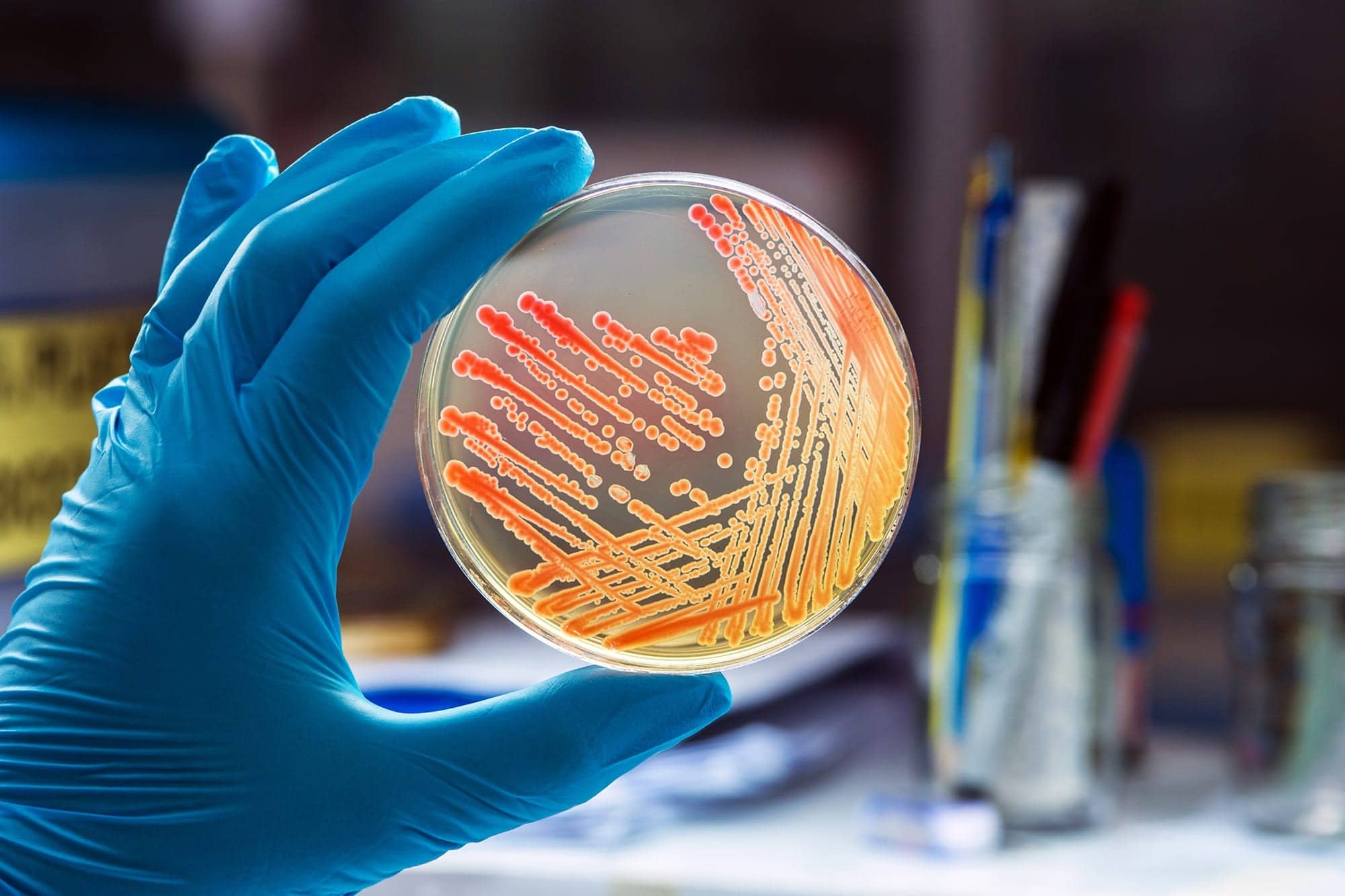According to a US study, doctors are more likely to give smokers antibiotics for an infection, which may endanger public health by promoting antibiotic resistance, as indicated on a Reuters news report. To determine how often smokers were prescribed antibiotics, the researchers used data on a nationally representative sample of 8,307 doctor’s office visits between 2006 and 2010 for infections. The researchers found that half of all visits for infections ended up with antibiotics being prescribed.
The results of the study show that smokers were 20% to 30% more likely than non-smokers to get an antibiotic prescription when they were diagnosed with infections. Specifically, researchers found that smokers were about 20% more likely to be prescribed antibiotics when compared to non-smokers. When examining only visits for respiratory infections, smokers were 31% more likely to walk out with antibiotic prescriptions.
The study did not indicate why smokers are more likely to get antibiotics for infections but lead author Michael Steinberg, MD, MPH, says it may be due to an inaccurate belief among doctors that people who smoke are more susceptible to infections, Reuters reported. In addition to doctors following practice guidelines on prescribing antibiotics, Steinberg says that helping and encouraging smokers to quit may reduce antibiotic resistance and benefit society.
The Reuters news report notes that inappropriate use of antibiotics allows bacteria to develop resistance, which can make the drug less effective over time.
Steinberg says, “I think there is a clinical tradition of physicians being more liberal prescribing antibiotics for smokers than non-smokers. If smokers are being prescribed antibiotics 20 to 30% more than other individuals, if not indicated, it’s going to contribute to that antibiotic resistance in society and bacteria are going to become more and more resistant.”
Steinberg adds, “Tobacco use does have implications beyond the individual person. Smoking in our society can present broader issues like antibiotics resistance.”
Source: Reuters










